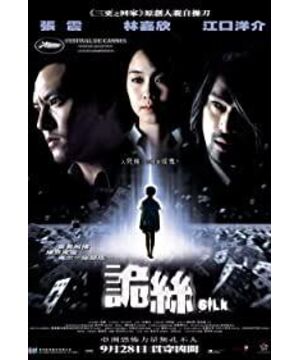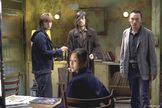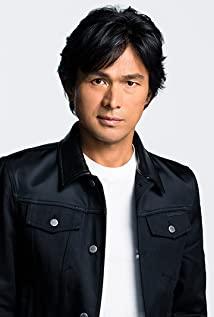A Japanese-led research team "caught" a ghost in Taiwan, and excellent policeman Zhang Zhen was ordered to come to support.
The structure of this story has four lines, one is the Japanese Hashimoto and his research, the second is the captured ghost and his story, the third is Zhang Zhen and his mother, and the fourth is Zhang Zhen and his girlfriend. The four lines are interlaced in parallel, and there are comparisons in the places that do not interlace, and they are expressed smoothly without being far-fetched, which shows that the director's skill is not shallow. And the plot about ghosts didn't fall into the stereotype that it was just scary and disgusting, and the reveal (or sublimation) at the end of the film was not nauseous either, and it could be regarded as a beautiful ending.
All that said, just to compare it with so many ghost story movies. Watching a lot of movies is like what people say, "I haven't eaten pork and I haven't seen a pig run", so I can distinguish between good and bad. The ghost story movies I hate the most are the ones that take scaring and disgusting people as the highest platform, or repeatedly emphasize the grievances of red-clothed ghosts, or those that seem to talk about psychological problems but can't justify themselves and make them confused. Any story that cannot actually exist, whether it is a ghost or a science fiction, needs a strong theoretical support. This aspect is a matter of great concern to the audience, such as the behavior of ghosts, such as the three laws of robots, etc. If you don't understand, you should not shoot as soon as possible, so as not to fall into the ground, as if you can't answer "Who threw the sword on Zhang Ziyi's back?"
Not the best, but definitely worth a look.
http://logten.iblog.com/post/3742/283394
View more about Gui si reviews











